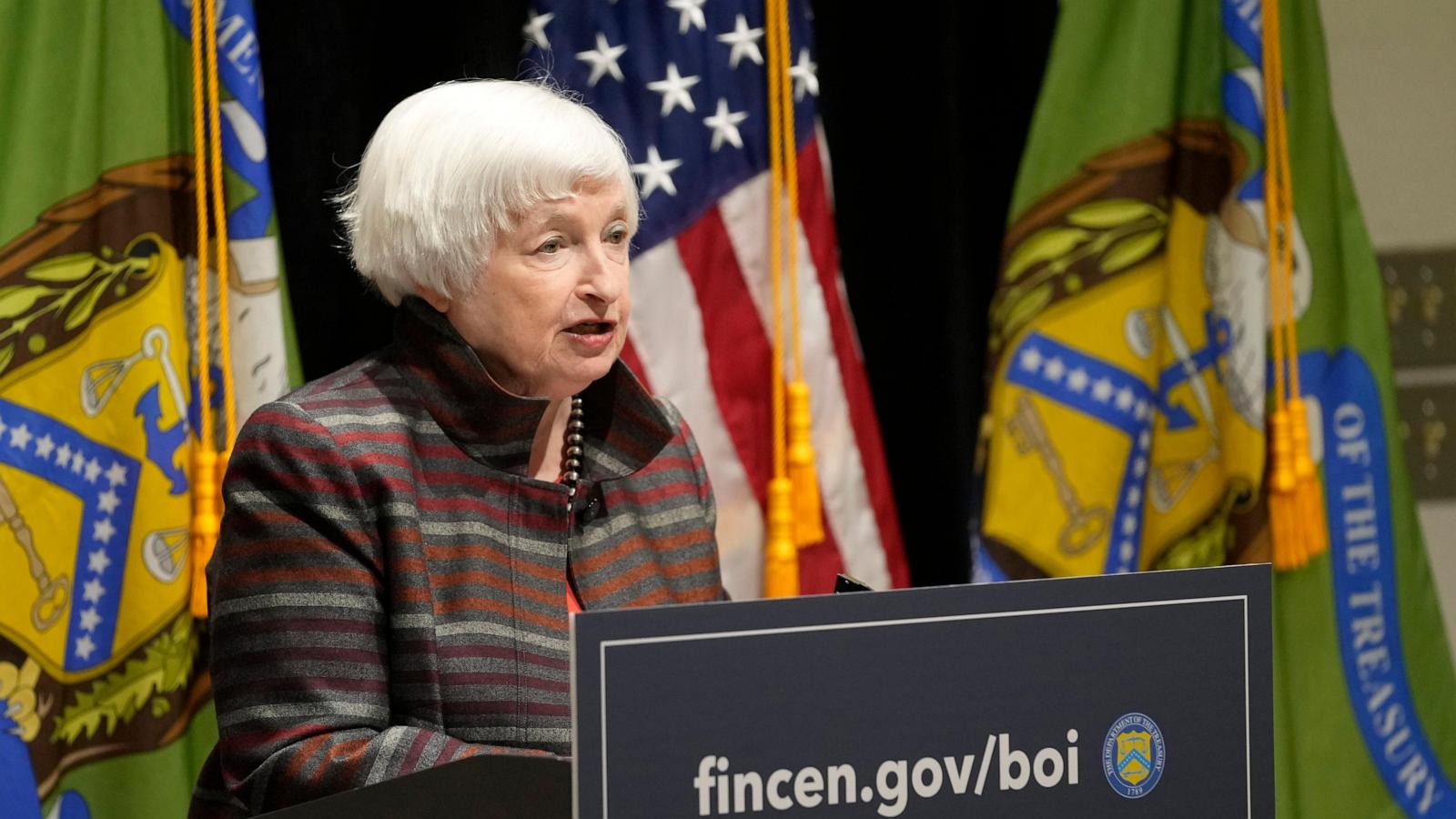Is the US Government on the Brink of a Financial Catastrophe? The Looming Debt Ceiling Crisis Explained
The United States is hurtling towards a potential debt ceiling crisis, a scenario that has the potential to trigger a global financial meltdown. Treasury Secretary Janet Yellen recently warned that extraordinary measures might be needed as early as January 14th to prevent a default on the national debt. This isn't just some wonky political debate; this is a real threat with far-reaching consequences for every American.
Understanding the Debt Ceiling: Why is it Even a Thing?
The debt ceiling is essentially a legal limit on how much money the US government can borrow. Think of it as a credit card limit for the nation. When the government spends more than it takes in through taxes, it needs to borrow money to cover the difference. The debt ceiling is a self-imposed restriction on that borrowing power. It forces lawmakers to engage in regular budget battles, ostensibly holding them accountable for the national debt. Ironically, these very debates have, on many occasions, threatened economic havoc.
A History of Near Misses
The debt ceiling has become a political football, creating periodic crises as lawmakers wrangle over spending levels. Recent history demonstrates near-miss scenarios which, despite resolving temporarily, highlight the perilous brinkmanship regularly played out in Congress. Each resolution does little to prevent the need for future debt ceiling negotiations.
Why Extraordinary Measures?
When the debt limit approaches, the Treasury Department often resorts to “extraordinary measures,” accounting maneuvers which allow them to keep operating temporarily by delaying certain payments and prioritizing others. But this is not a sustainable solution, merely postponing the inevitable reckoning. If Congress fails to increase the debt ceiling, the extraordinary measures will be exhausted and the nation could face its first-ever default on its debt.
The Impact of a US Default: A Global Domino Effect
A US default would be more than a financial hiccup; it would send shockwaves across the globe, impacting financial markets and creating uncertainty in economies worldwide. This wouldn't just affect Americans. It has potential ramifications for virtually every country with any economic interaction with the US.
Financial Markets Plunge
A default could trigger a global financial crisis, similar to that witnessed in 2008. Markets could suffer a major meltdown and widespread investor panic. This leads to uncertainty among investors as markets plunge causing an overall decline in confidence.
Soaring Interest Rates and Reduced Access to Capital
The cost of borrowing money for individuals and businesses is directly affected by sovereign borrowing. This cost typically will surge in the case of a debt default. The risk premium rises and increases the cost for everyone from consumers borrowing on home mortgages to small businesses accessing loans.
Potential International Crisis
Countries that hold US Treasuries as safe investments would see their assets potentially lose value. International investors might withdraw, further harming the US and triggering a wider global economic crisis. It will further strain international relationships in the near term. The repercussions would go far beyond simple dollar amounts and financial indices.
The Road Ahead: Preventing Catastrophe
The immediate solution is clear. Congress must act urgently to raise or suspend the debt ceiling to allow the U.S. Treasury to operate smoothly, but longer term political issues and the increasing debt remain. Republicans are prepared for significant changes, including long-term adjustments, and discussions are needed before additional resolutions are implemented.
Political gridlock
Congressional discussions in the summer of 2023 led to short-term fixes, rather than longer term adjustments to the overall debt and budgetary issues in the US. This will inevitably lead to another such standoff in the coming months.
Policymaker solutions
Lawmakers need to come to the table and negotiate a responsible solution, ensuring the timely raising of the debt ceiling without resorting to the destructive brinkmanship that often characterizes this discussion. Otherwise, everyone loses. Failure to reach a compromise has the potential to negatively affect financial and political stability both domestically and globally.
Take Away Points
- The US is facing a potential debt ceiling crisis, potentially requiring the use of “extraordinary measures” as early as January 14.
- A US default would be catastrophic, causing a global economic crisis with far-reaching consequences.
- The most important thing policymakers must do now is act to prevent a catastrophic event. The cost of inaction vastly outweighs any short-term political points that can be made.
- The long-term financial sustainability of the US depends on far-reaching discussion and resolutions on the topic of the federal debt.




